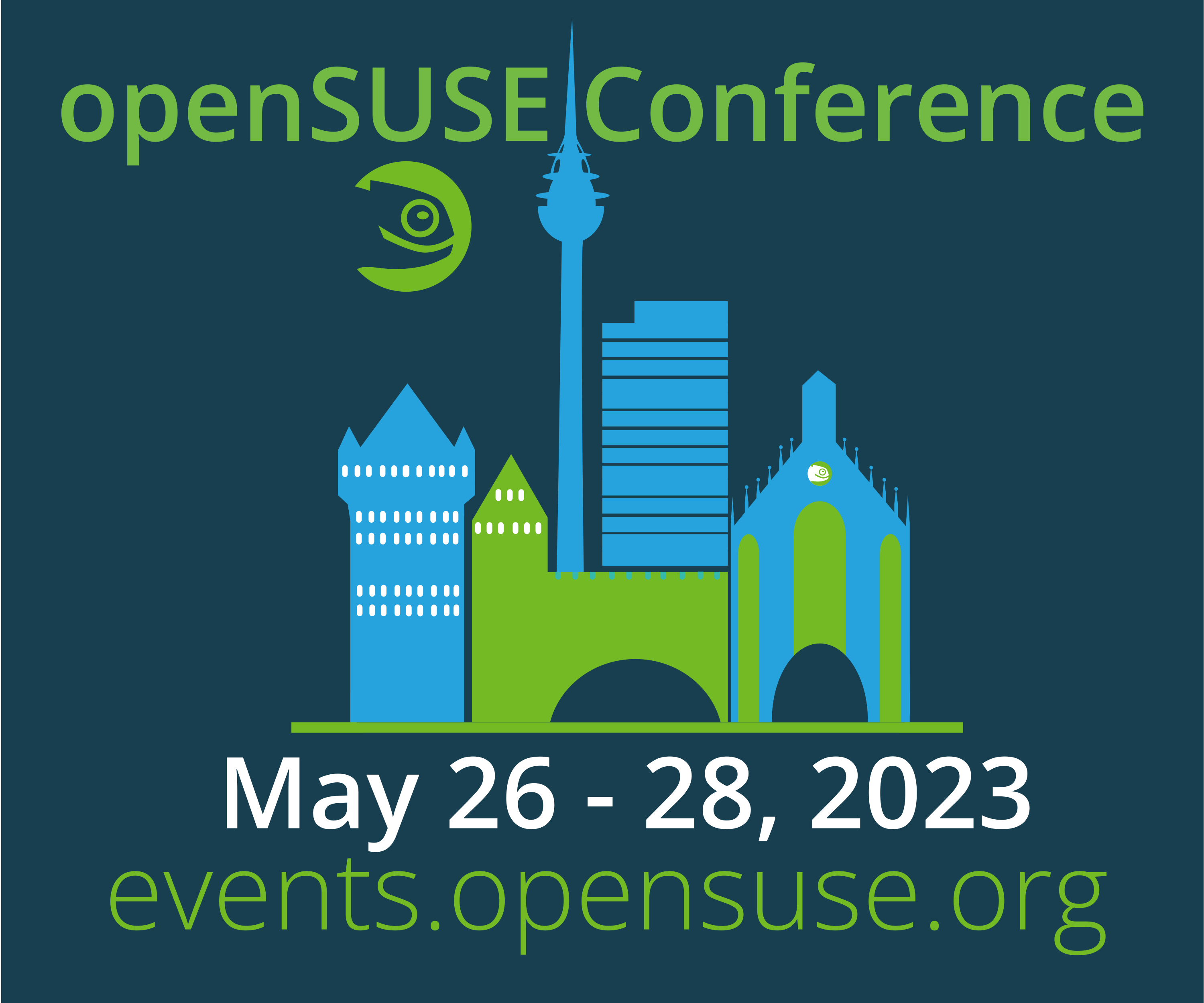Accelerating Scientific Research through Spinning Out a Software Company
Our story about finding the balance between free and commercial SaaS
Scientific research relies heavily on software to analyze the vast amounts of data that are generated every day. But unfortunately, software development is not supposed to be part of a scientific career. Funding is usually granted for developing new algorithms rather than providing user-friendly features or maintaining software. In this talk, I will share our story of how scientific software can benefit from spinning out a software company.
Our software identifies molecules in biological samples and enables researchers to detect toxic compounds, find molecules indicating diseases or discover the next drug candidate. For many years we have been developing the underlying algorithms based on combinatorial optimization, statistics and machine learning, in an academic context. We started as PhD students and postdocs at the University of Jena, and in 2019, we founded a spin-off company, Bright Giant GmbH, to provide services based on this software. This allows us to provide better support and implement features that are highly valuable to users but not of scientific novelty.
A big part of the software is open-source and free to use for everybody. Furthermore, our SaaS is offered to the academic community free of charge by the University of Jena. With the right balance between free and commercial software, as well as open- and closed-source software, spin-off companies can accelerate scientific research.
Scientific research relies heavily on software to analyze the vast amounts of data that are generated every day. But unfortunately, software development is not supposed to be part of a scientific career. Funding is usually granted for developing new algorithms rather than providing user-friendly features or maintaining software. In this talk, I will share our story of how scientific software can benefit from spinning out a software company.
Our software identifies molecules in biological samples and enables researchers to detect toxic compounds, find molecules indicating diseases or discover the next drug candidate. For many years we have been developing the underlying algorithms based on combinatorial optimization, statistics and machine learning, in an academic context. We started as PhD students and postdocs at the University of Jena, and in 2019, we founded a spin-off company, Bright Giant GmbH, to provide services based on this software. This allows us to provide better support and implement features that are highly valuable to users but not of scientific novelty.
A big part of the software is open-source and free to use for everybody. Furthermore, our SaaS is offered to the academic community free of charge by the University of Jena. With the right balance between free and commercial software, as well as open- and closed-source software, spin-off companies can accelerate scientific research.
